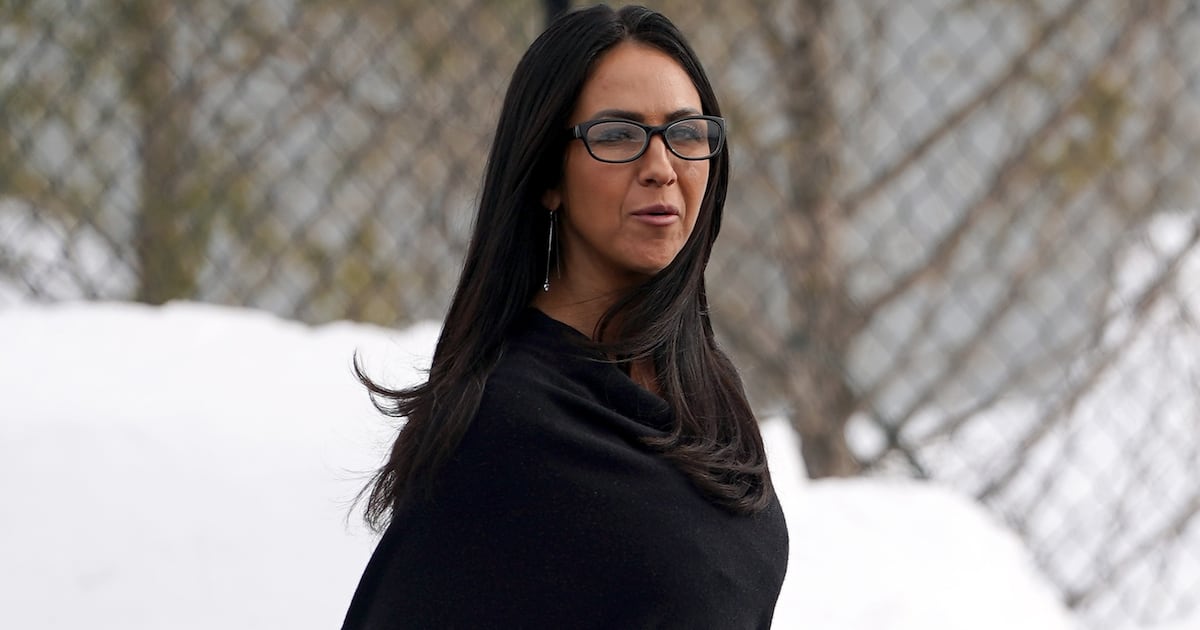More than a decade after leaving the White House, Bill Clinton has yet to release his grip on our collective imagination. The country bumpkin who makes it big in the big city, only to stumble over his own appetites and ambitions—be he Youngblood Hawke, Lonesome Rhodes, or (an utterly sinister specimen) Flem Snopes—has long been a central theme of American mythology, at once inspiring and tragic.
Clinton—a four-hour, two-part documentary that airs Monday and Tuesday night (Feb. 20 and 21) as an installment in PBS’s “American Experience” series—dives deeply into both emotional currents in its splendid chronicle of the talented, charismatic yet wounded boy who rose from the watermelon patch of Hope, Ark., to become the 42nd president of the United States.
For the dissolute Clinton and his stoic wife, Hillary, the tougher but more vulnerable of the two, every triumph is followed by an equal and opposite disaster, and every near-death experience precedes a resurrection. As former White House press secretary Dee Dee Myers points out, Clinton is a man who believes in endless second chances. “He always gets up and tries to make it better,” Myers says. “What else can you ask from a sinner?”
It’s a story worthy of an epic novel. But it’s also one that evokes nostalgia—in this age of small-minded personalities engaged in small-bore battles—for a time when a larger-than-life leader, despite manifest faults, could bend the body politic to his will and change the country for the better.
Part 1, “The Comeback Kid,” makes fresh the well-known history of Clinton’s dysfunctional family, his precocious ambition, his seductive charm (especially to the ladies), his compulsive womanizing, and his absolute reliance on Yale Law School classmate Hillary Rodham, the long-suffering love of his life, to help him reach the top of the ziggurat. As has been noted elsewhere, they operated as a team and Bill, sometimes to his political detriment (as with their ill-fated universal health-care campaign), deferred to Hillary’s views.

Part 2, titled “The Survivor,” sets forth in riveting detail the wretched behavior—both his own and that of his Republican foes—that led to Clinton’s dubious achievement of being only the second president in U.S. history to be impeached by the House of Representatives. We once again are compelled to grapple with Monica Lewinsky and Linda Tripp, as well as scandal-enablers Lucianne Goldberg and Kenneth Starr, who’ve submitted to revealing on-camera interviews.
Tripp’s literary agent Goldberg—whose black, goggle-shaped glasses and severe silver tresses suggest diabolical witchery—flashes a jaded smile as she describes her reaction to watching the president deny having had ”sexual relations with that woman, Miss Lewinsky.”
“That is it. This man is dead meat,” Goldberg recalls. “I know he’s lying, and if I know he’s lying, then the rest of the world is going to know he’s lying.”
Special prosecutor Starr’s sense of perspective has not improved with the passage of time. He prissily defends his crusade to entrap the president into perjury over a sexual indiscretion—after failing to find anything incriminating in the Clintons’ money-losing Whitewater resort investments. “Good lawyers,” he explains, “are thorough.”
As evidenced by Monica’s DNA-stained blue dress, Clinton quite literally authored the seeds of his own destruction. But he was also lucky in his enemies, Newt Gingrich foremost among them. This account will do little to advance GOP presidential candidate Gingrich’s current objectives: the former speaker of the House comes off as a preening egomaniac whose vanity and arrogance allowed Clinton to get the better of him—and Gingrich’s own extramarital transgressions aren’t even mentioned. Their titanic struggle over the federal budget featured a government shutdown that, in the end, resulted not only in Clinton’s reelection to a second term, the Republicans’ loss of House seats and Gingrich’s forced resignation, but also in creating the opportunity for a reckless president to get mixed up with a 22-year-old intern.
“What a squandering of talent and promise and possibility!” laments former White House deputy chief of staff Harold Ickes, who provides sharp and authoritative commentary throughout the documentary. Ditto pollster Dick Morris, who served as Clinton’s chief tactician from his successful 1978 governor’s race onward, and oversaw the White House reelection strategy of “triangulation.” Morris is infinitely more insightful and credible about the Clintons in this documentary than he is during his often-silly Fox News commentary.
Why would Clinton risk so much for something as trivial as oral sex? Marla Crider, a campaign worker in his 1974 congressional campaign who succumbed to the 28-year-old Clinton’s allure, offers as good a theory as any: “There is something in his being that needs that adoration.” His old friend Robert Reich, who served as secretary of labor, agrees: “The presidency is probably the loneliest office in America … And maybe Bill Clinton, who so much needed and wanted to be loved, couldn’t say no to someone who was going to give affection and wanted affection.”
After initially reacting to the mushrooming scandal with outrage and self-pity—to say nothing of copious lying—Clinton finally apologized to the nation on the day that the Republican-controlled House voted out its articles of impeachment. “I am profoundly sorry for all I have done wrong in words and deeds,” he said, looking sad, battered, and spent as he faced the cameras in the Rose Garden. “I never should have misled the country, the Congress, my friends or my family. Quite simply, I gave into my shame.”
It almost makes you want to give him a hug.






